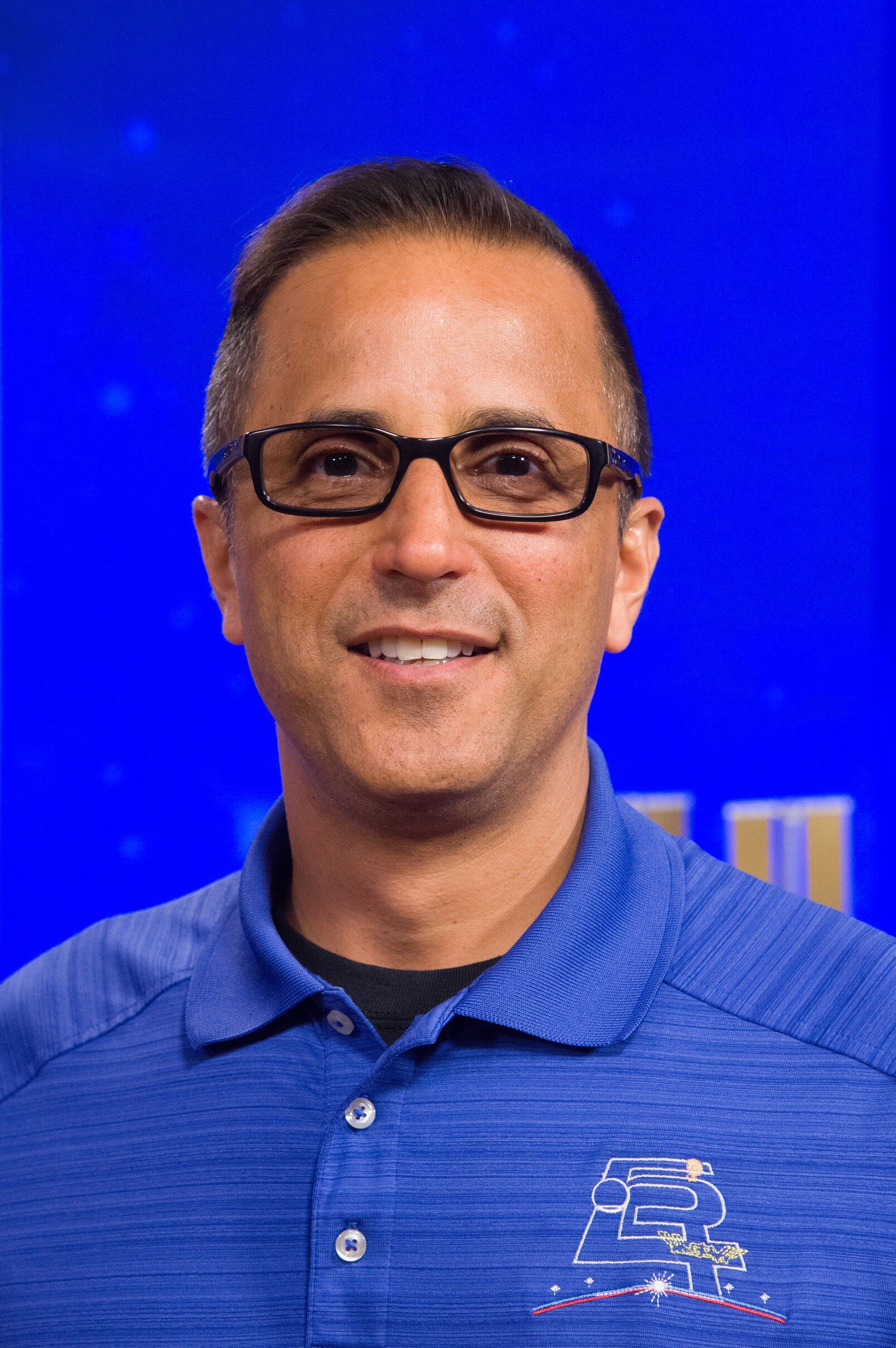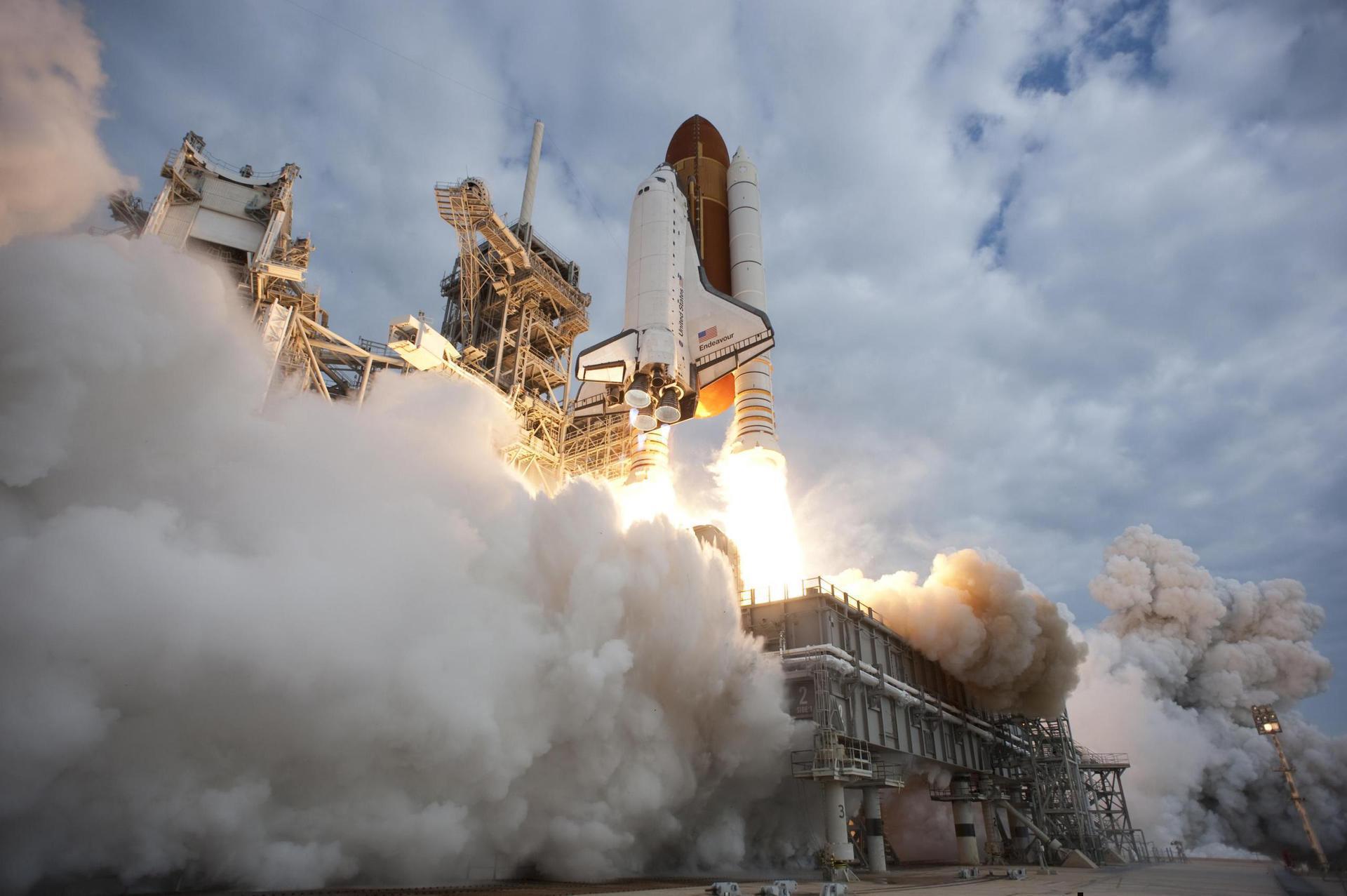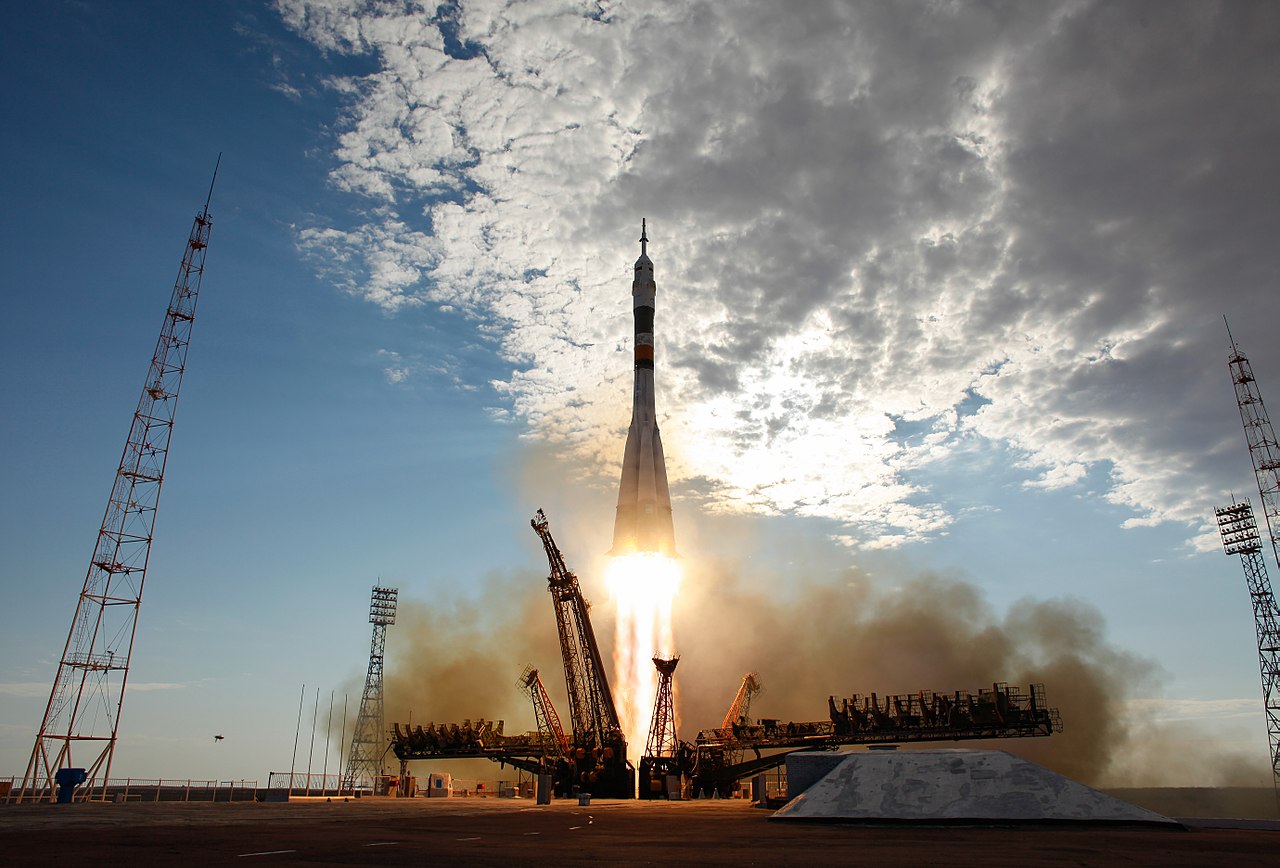Joseph M. Acaba
American - (NASA)
Active
Date of Birth: May 17, 1967
Age: 58
Joseph Michael "Joe" Acaba is an American educator, hydrogeologist, and NASA astronaut. In May 2004 he became the first person of Puerto Rican heritage to be named as a NASA astronaut candidate, when he was selected as a member of NASA Astronaut Training Group 19. He completed his training on February 10, 2006 and was assigned to STS-119, which flew from March 15 to March 28, 2009 to deliver the final set of solar arrays to the International Space Station. Acaba served as a Flight Engineer aboard the International Space Station, having launched on May 15, 2012. He arrived at the space station on May 17 and returned to Earth on September 17, 2012. Acaba returned to the International Space Station in 2017 as a member of Expedition 53/54.
Space Shuttle Discovery / OV-103 | STS-119
National Aeronautics and Space Administration | United States of AmericaKennedy Space Center, FL, USA
March 15, 2009, 11:43 p.m.
Status: Success
Mission:
STS-119 (ISS assembly flight 15A) was a space shuttle mission to the International Space Station (ISS) which was flown by Space Shuttle Discovery during March 2009. It delivered and assembled the fourth starboard Integrated Truss Segment (S6), and the fourth set of solar arrays and batteries to the station.
Low Earth OrbitSoyuz FG | Soyuz TMA-04M
Progress Rocket Space Center | RussiaBaikonur Cosmodrome, Republic of Kazakhstan
May 15, 2012, 3:01 a.m.
Status: Success
Mission:
Soyuz TMA-04M begins expedition 31 by carrying 3 astronauts and cosmonauts to the International Space Station. Russian Commander, cosmonaut Gennady Padalka alongside Flight Engineers, Sergei Revin (RSA) & Joseph M. Acaba (NASA) will launch aboard the Soyuz spacecraft from the Baikonur Cosmodrome in Kazakhstan and then rendezvous with the station. It landed on 17 September 2012, 02:53 UTC
Low Earth OrbitSoyuz-FG | Soyuz MS-06
Progress Rocket Space Center | RussiaBaikonur Cosmodrome, Republic of Kazakhstan
Sept. 12, 2017, 9:17 p.m.
Status: Success
Mission:
Soyuz MS-06 begins expedition 53 by carrying NASA astronauts Mark Vande Hei, Joseph Acaba and Roscosmos cosmonaut Alexander Misurkin to the International Space Station. After launching from the Baikonur Cosmodrome in Kazakhstan, they will rendezvous to the station where they will remain for their 6 month stay.
Low Earth OrbitThe National Aeronautics and Space Administration is an independent agency of the executive branch of the United States federal government responsible for the civilian space program, as well as aeronautics and aerospace research. NASA have many launch facilities but most are inactive. The most commonly used pad will be LC-39B at Kennedy Space Center in Florida.
Ariane 64
Amazon Leo (LE-01)
Ariane Launch Area 4 - Guiana Space Centre, French GuianaAmazon Leo, formerly known as Project Kuiper, is a mega constellation of satellites in Low Earth Orbit that will offer broadband internet access, thi…
Vulcan VC4S
USSF-87
Space Launch Complex 41 - Cape Canaveral SFS, FL, USAUSSF-87 will launch two identical Geosynchronous Space Situational Awareness Program (GSSAP) satellites GSSAP-7 and GSSAP-8 directly to a near-geosyn…
Proton-M
Elektro-L No.5
81/24 (81P) - Baikonur Cosmodrome, Republic of KazakhstanElektro-L is a series of meteorological satellites developed for the Russian Federal Space Agency by NPO Lavochkin. They are designed to capture real…
Smart Dragon 3
PRSC-EO2 & 6 satellites
South China Sea (launch location 3) - Haiyang Oriental SpaceportCarried 7 satellites to sun-synchronous orbit, including PRSC-EO2 (Earth observation satellite for the Pakistan government's SUPARCO) & CUHK-1. Detai…
Falcon 9
Starlink Group 17-34
Space Launch Complex 4E - Vandenberg SFB, CA, USAA batch of 24 satellites for the Starlink mega-constellation - SpaceX's project for space-based Internet communication system.




